Japan’s Computer Entertainment Supplier’s Association (CESA), the organization running Tokyo Game Show, released a preview of the “2025 CESA Video Game Industry Report” on September 25. As reported by The Nikkei, the research includes insights into how much domestic companies are using AI and generative AI.
Based on responses from 54 Japanese game companies collected between June and July 2025, about 51% use generative AI in game development. The most commonly cited use of AI was in the generation of visual assets and images such as characters, followed by story and text generation; and lastly programming support. Reportedly, 32% of game companies are enlisting the help of AI to develop in-house game engines. The survey sample is made up of CESA’s member companies, which range from big players like Capcom and Sega to mid-sized and indie-scale developers.
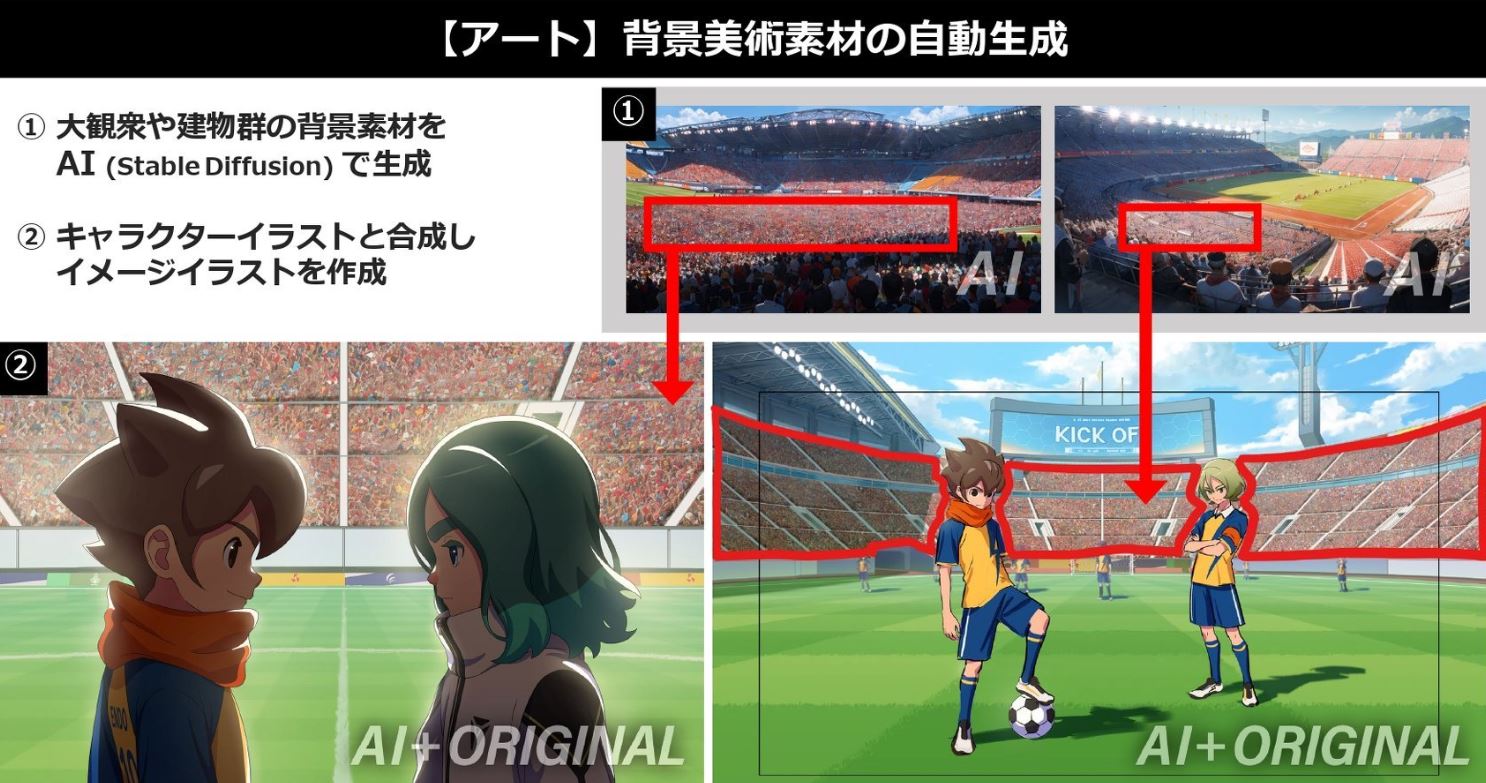
Several Japanese developers have been open about their use (or plans to use) generative AI. Professor Layton and Yo-Kai Watch developer Level-5 is one such example – back in 2023, they detailed their use of Stable Diffusion for upscaling assets, generating reference images for artists and creating parts of in-game backgrounds; as well as the use of Github Copilot for coding assistance.
Capcom’s technical department has also been experimenting with generative AI models like Gemini Pro, Gemini Flash and Imagen, mostly for the purpose of brainstorming and prototyping background assets needed to fill out in-game environments (like TVs and similar objects). Their technical director considers this a potential way to free up developers’ time and resources, thus leading to higher quality games.
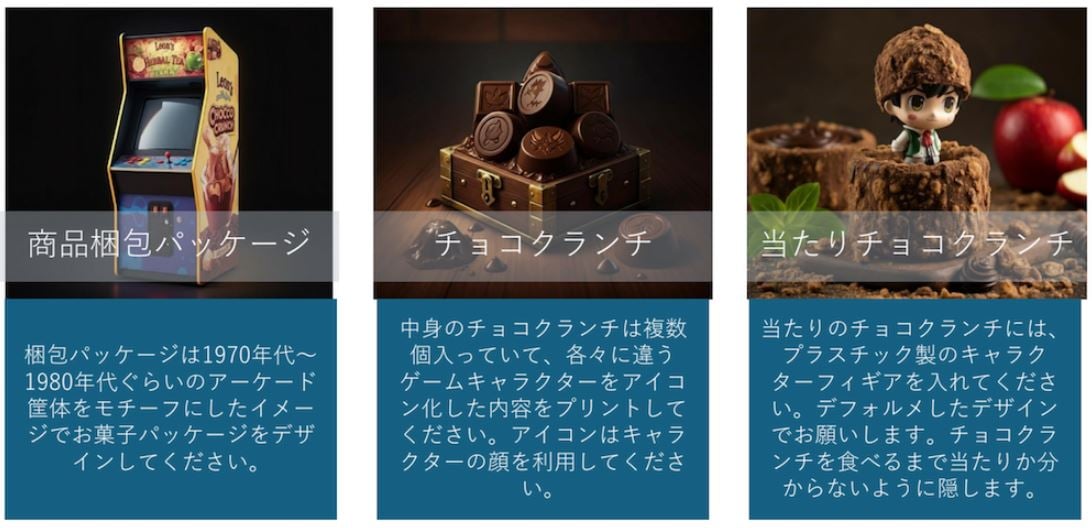
More recently, Sega announced the establishment of an internal “Generative AI Committee,” meant to integrate AI tools into its development teams’ workflow in a systematic way. The company’s representatives mentioned that generative AI (such as image, motion and code generation) is being used in game development for internal testing purposes.
On the flip side, there are developers that are hesitant to adopt AI. When asked about Nintendo’s stance on using AI for development of first-party titles last year, CEO Shuntaro Furukawa expressed a wait-and-see stance, pointing out that it’s “problematic in terms of intellectual property rights.”

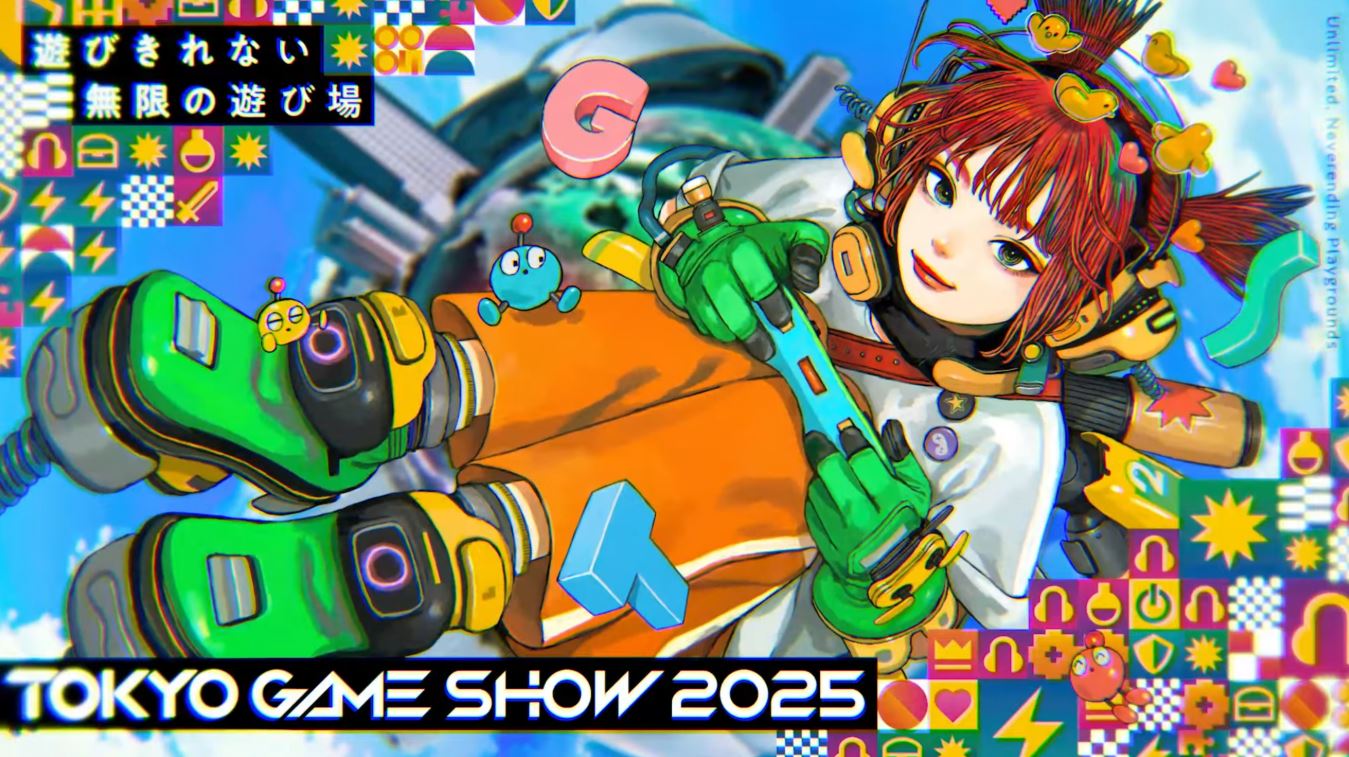

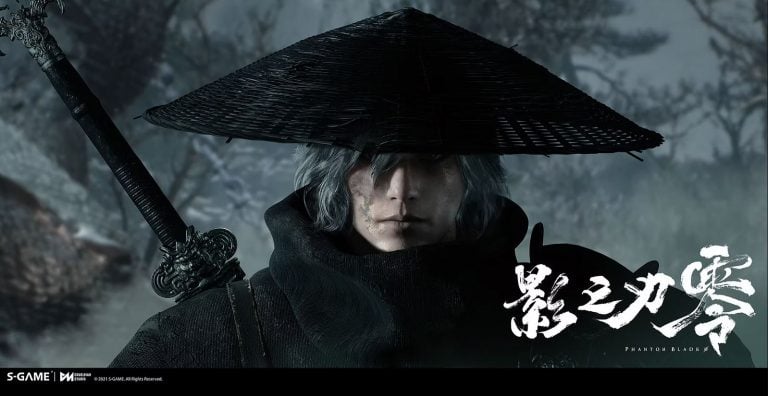
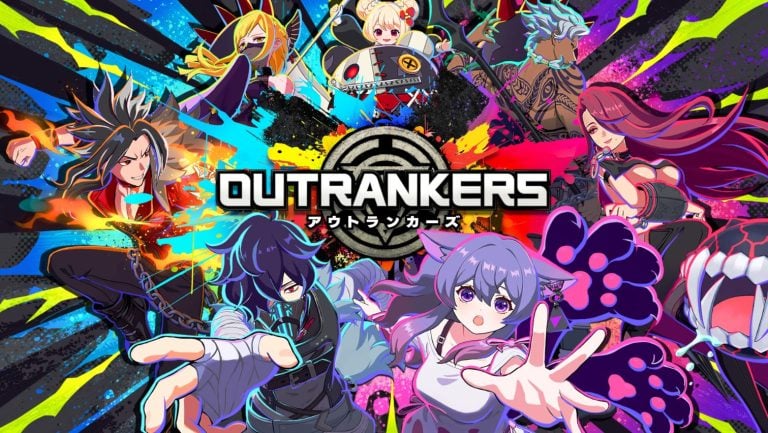
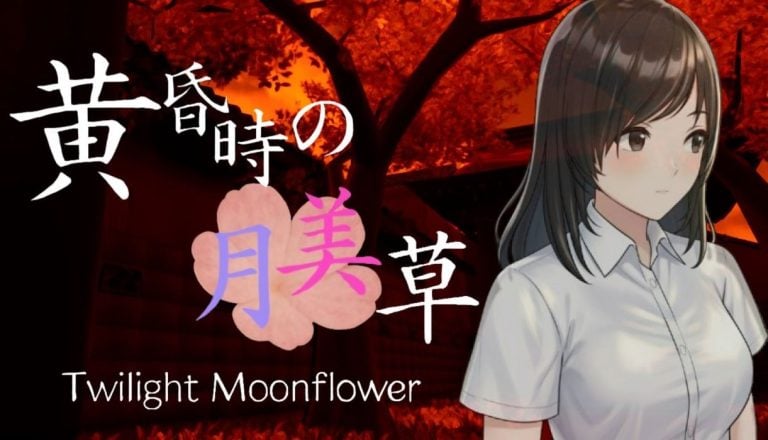
Overpriced games. Badly optimized games. Partially automated creative process.
The industry is in shambles.
I’ll stick with older games.
Im so dissapointed in level 5, they have made wonderful games without AI, why use it now :(?